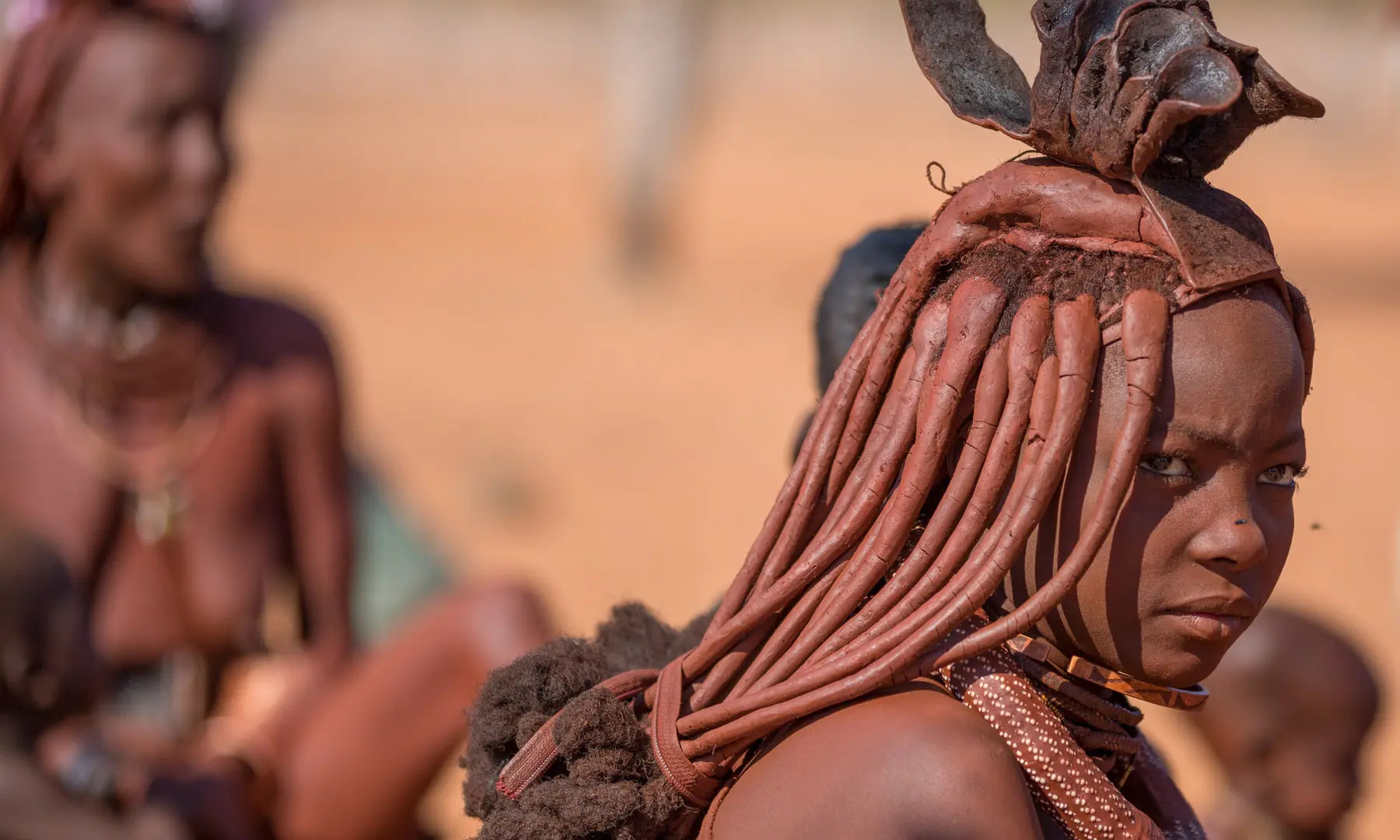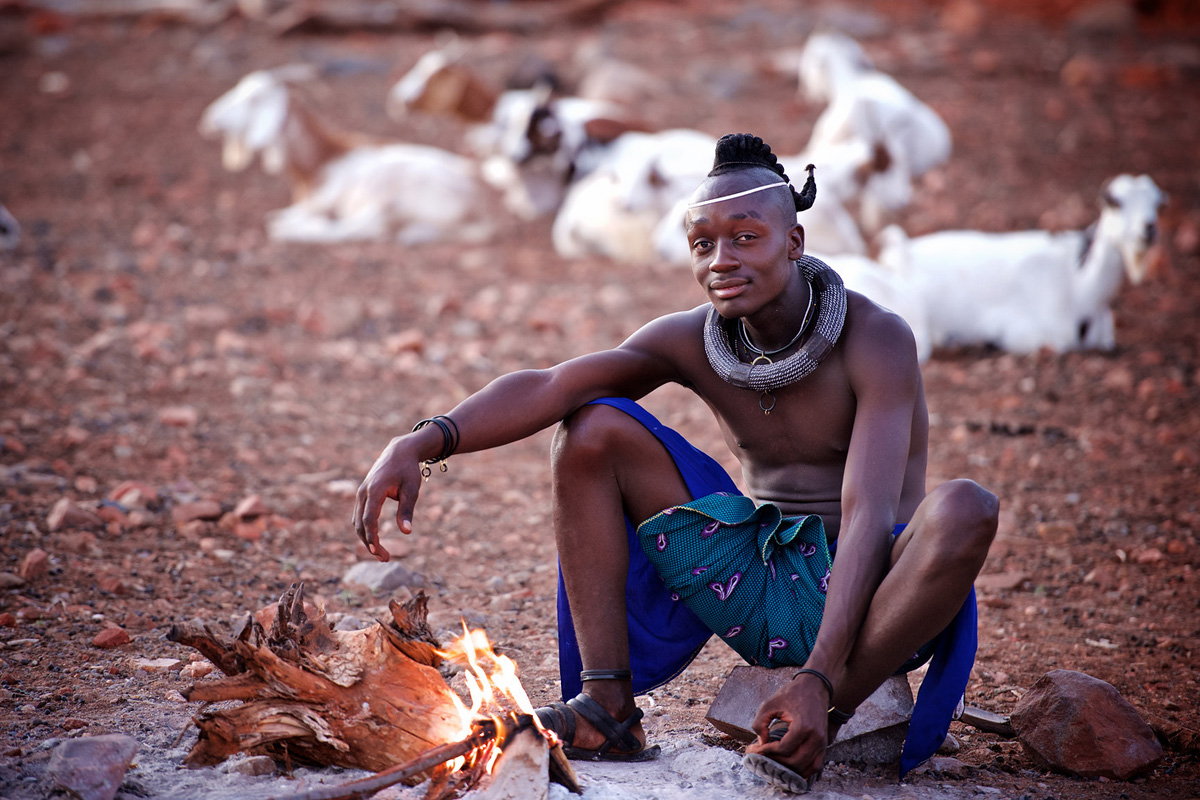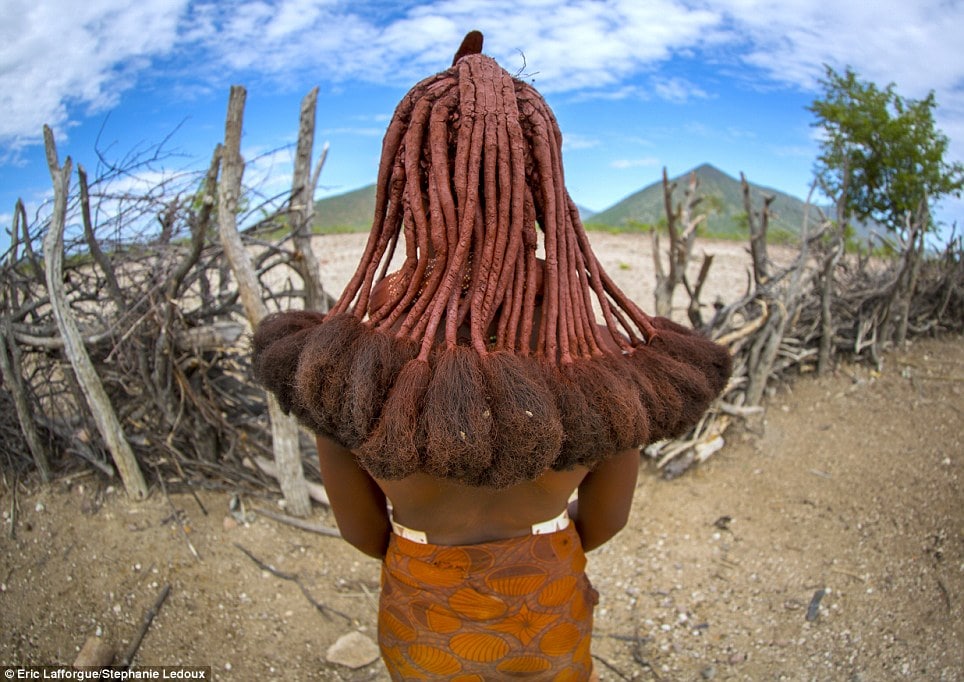The Himba Tribe and the Super-Ancestor:
Finding the bridges between indigenous culture and the gospel
In an isolated area encompassing the southwest corner of Angola and the northwest corner of Namibia lives a tribe called the Himba whose lifestyle hasn’t changed much from their ancestors. A semi-nomadic people group, the Himba people are pastoralists—subsistence farmers who cultivate crops and livestock, primarily raising goats and some cattle. Clothed in goat skins, living on the edge of the desert, their way of life has remained the same generation after generation.
The Himba share many traditional beliefs often seen among tribes across the African continent. They practice ancestor worship—communicating with their ancestors with the hope that their ancestors will intercede on their behalf with God.
Over the decades, Christian missionaries from various organizations have come to share the good news of a loving God and salvation through Jesus Christ. The people listened but never really accepted this version of God, and it just didn’t make sense to them. Until now.

Waldemar is a young graduate student who spent time with the Himba a few years ago. As an undergraduate, he was part of a one-month cross-cultural apprenticeship program. The student is required to live amongst another people group who speak a language that the student doesn’t know and with a church denomination that’s not their own.
Under such conditions, you’re positioned to become a good observer and listener. He learned much from the Himba. After moving on to graduate studies, Waldemar began working on his master’s thesis. He wanted to study how the Himba understood the gospel in connection to their culture and lives. Why wasn’t the gospel getting through to them?
What he discovered was a super-ancestor.
In conversations with the tribe, Waldemar came to understand some of the Himba’s beliefs.
They said, “Yes, we believe in God. God is the creator, He’s the almighty person. He’s almighty, but he’s unknowable because he’s too far away. There’s not any way for human beings to know God.”
So, instead, they worship their ancestors, believing their ancestors are the ones who mediate for them.
Waldemar asked about the ancestors. Who are they? How do the priests interact with them? They explained the holy fire that the priests keep ever-burning in front of a hut. This is the place to speak with the ancestors.
They also explained other religious practices, such as when someone has “sinned” or done something bad, they are ostracized for a time. They are plastered with cow dung and sent away. Then, after a set amount of time, there is a ritual cleansing, and they return.
The holy fire. Separation and cleansing. There were so many parallels to our holy scriptures, but so far, they didn’t see the connection.
Then they shared, “We are still waiting for the super-ancestor.”

Who is the super-ancestor?
The Himba told Waldemar: “We don’t know him yet. He has not come. He will live a perfect life. He will live forever. He will mediate for us with God forever.”
Waldemar was shocked! They were waiting for Jesus! No one had ever made this connection with the Himba before—between their beliefs and God’s plan of salvation. Waldemar has become convinced that the super ancestor is the bridge between the Himba culture and the gospel of Jesus.
Jesus is the long-awaited one, the one who fulfilled all the requirements, who is the forever mediator. Finally, there was common ground for conversation. Now, Waldemar has a plan for sharing with the Himba.
The book of Hebrews is the perfect place to start, sharing how Jesus is above all: above all heavenly beings, above the angels, the law and the old covenants. Finally, Waldemar can share how Jesus fulfills all the requirements of the long-awaited, long-promised super-ancestor.

As Waldemar completes his studies and considers his future, he plans on returning to live with the Himba to continue learning from them and finding ways to share God’s love and care with them.
The work has just begun.
~
Marie Mahan | Marie has spent most of her career championing organizations making a difference in our world. She leads and trains teams and organizations in strategic planning, fundraising and storytelling. She loves sharing the stories of God’s work across the globe. Currently, she serves as Development Director at SIM USA.
Dr. Sheila Fabiano | Sheila is a third-generation missionary born and raised in central Africa. After completing degrees in nursing and biblical studies from Rutgers University and Regent College, respectively, she went to Angola in 1979 to serve first as a pediatric nurse practitioner and part-time Bible teacher. She is now a full-time faculty member of Instituto Superior de Teologia Evangelica no Lubango in Angola. Her Ph.D. is from Trinity International University.
